Investing in commercial real estate can be a lucrative way to generate long-term returns, but securing the right financing is crucial to making that investment a success. Tampa, with its growing economy and booming commercial property market, presents an attractive opportunity for investors and business owners. However, understanding how to navigate the various financing options available in this market is essential.
In this article, we’ll explore the different ways you can finance commercial real estate in Tampa, outline steps to secure the best financing options, and highlight common pitfalls to avoid along the way.
Introduction to Commercial Real Estate Financing
Financing is one of the most critical aspects of commercial real estate investment. Without the right financial backing, even the best opportunities can become difficult to pursue. In a city like Tampa, where commercial real estate is rapidly expanding, the ability to secure the best loan terms can make all the difference between success and missed opportunity.
Tampa’s commercial real estate market is attractive to investors for several reasons. The city’s strong economy, increasing population, and robust business environment create high demand for commercial spaces. From office buildings and retail spaces to industrial complexes, the opportunities in Tampa’s market are vast. To tap into this growing sector, having a solid financing plan in place is essential.
Types of Commercial Real Estate Financing Options

Traditional Bank Loans
One of the most common financing options for commercial real estate is a traditional bank loan. These loans function similarly to residential mortgages but are specifically designed for business properties. Commercial mortgage terms typically range from 5 to 20 years, with qualification requirements including a strong credit score, a solid business plan, and a history of financial responsibility.
Lenders will closely examine your financial statements, business revenue, and creditworthiness to determine your eligibility.Traditional bank loans often come with competitive interest rates, but securing one can be challenging if your financial health is less than stellar.
SBA Loans (Small Business Administration)
The Small Business Administration (SBA) offers two popular loan options for financing commercial real estate: the SBA 504 Loan and the SBA 7(a) Loan. The SBA 504 Loan is ideal for purchasing fixed assets like real estate or equipment. It offers long-term, fixed-rate financing for up to 90% of the property value, making it highly accessible to small business owners.
The SBA 7(a) Loan is more versatile, allowing borrowers to use funds for purchasing real estate, refinancing existing debt, or even expanding a business. SBA loans are particularly beneficial for small business owners because they offer lower down payments and more flexible terms than traditional loans.
Private Lenders and Hard Money Loans
For investors who may not qualify for traditional financing or need quick access to capital, private lenders and hard money loans are viable alternatives. These loans come from non-bank institutions or individual investors and typically carry higher interest rates than traditional loans due to the increased risk involved.
Hard money loans are often used by real estate investors looking for short-term financing to quickly acquire or renovate properties. These loans are asset-based, meaning that the property itself serves as collateral, making them a suitable option for those with less-than-perfect credit.
Bridge Loans
Bridge loans are short-term financing options designed to “bridge” the gap between buying a new property and selling an existing one. These loans are commonly used by investors who need to act quickly in a competitive market like Tampa. They provide immediate access to capital, allowing you to secure a new property while waiting for long-term financing or the sale of another asset.
Commercial Mortgage-Backed Securities (CMBS)
Commercial Mortgage-Backed Securities (CMBS) are loans bundled together and sold to investors in the form of bonds. These loans are structured with lower interest rates and fixed terms, making them an attractive option for borrowers looking to secure financing with more predictable payment schedules. CMBS loans are ideal for stable properties like office buildings, retail spaces, and industrial properties in high-demand areas such as Tampa.
Steps to Secure Commercial Real Estate Financing in Tampa

Evaluate Your Financial Health
Before seeking financing, it’s important to evaluate your financial health. Lenders will look at your credit score, business revenue, and financial statements to assess your ability to repay the loan. Make sure these factors are in good standing to improve your chances of securing favorable loan terms.
Create a Detailed Business Plan
A well-crafted business plan is essential when applying for commercial real estate financing. This plan should include detailed projections, revenue forecasts, and an explanation of how the property fits into your business’s overall goals. Lenders want to see that you have a solid strategy for generating income and that your investment is likely to succeed.
Understand Key Ratios (Loan-to-Value and Debt Service Coverage Ratio)
Lenders often use two key ratios to evaluate commercial real estate loans: the Loan-to-Value (LTV) ratio and the Debt Service Coverage Ratio (DSCR). The LTV ratio is the loan amount divided by the appraised property value, while the DSCR compares your net operating income to your debt obligations. Both ratios help lenders determine the level of risk associated with the loan.
Work with an Experienced Broker or Financial Advisor
Navigating the commercial real estate financing landscape can be complex, especially in a dynamic market like Tampa. Working with an experienced broker or financial advisor can help you secure better loan terms and guide you through the application process.
Tampa-Specific Financing Considerations

Regional Factors in Tampa’s Commercial Real Estate Market
Tampa’s booming economy and increasing demand for commercial properties mean that local lenders are more familiar with the market and may offer competitive terms. Additionally, Tampa’s diverse economy, which includes industries such as healthcare, technology, and tourism, contributes to the strength of the local real estate market.
Development Incentives and Grants
Tampa offers various development incentives and grants to encourage commercial real estate investment. These incentives, provided by local and state governments, can help reduce costs for investors looking to develop or purchase commercial properties. Be sure to explore all available grants and programs to maximize your financing potential.
Tips to Maximize Financing Potential

Increase Your Down Payment
One way to secure better loan terms is by increasing your down payment. A larger down payment reduces the lender’s risk, which can result in lower interest rates and more favorable terms.
Explore Tax Incentives
Tampa offers several tax incentives for real estate investors, including tax credits and exemptions. These incentives can significantly reduce your financial burden and help you maximize your returns.
Consider Refinancing Options
Refinancing your commercial real estate loan can be a smart move if interest rates drop or your property’s value increases. By refinancing, you may be able to secure lower monthly payments or use the equity in your property to fund other investments.
Common Mistakes to Avoid in Commercial Real Estate Financing
Insufficient Documentation
Lenders require thorough documentation to approve commercial real estate loans. Failing to provide detailed financial statements, tax returns, and business plans can delay the loan process or result in rejection.
Underestimating Closing Costs and Fees
In addition to the loan amount, there are several costs associated with commercial real estate financing, including appraisal fees, legal fees, and closing costs. Make sure to account for these expenses in your budget.
Ignoring Long-Term Interest Rates and Market Fluctuations
Market conditions and interest rates can fluctuate, impacting your loan’s long-term viability. Be sure to plan for potential changes in the market and understand how they could affect your investment.
Frequently Asked Questions
Question: What are the most common types of commercial real estate financing in Tampa?
Answer: The most common types of commercial real estate financing in Tampa include traditional bank loans, SBA loans, private lenders and hard money loans, bridge loans, and Commercial Mortgage-Backed Securities (CMBS). Each option offers different terms depending on the borrower’s financial situation and property type.
Question: How can I improve my chances of securing a commercial real estate loan in Tampa?
Answer: To improve your chances, focus on maintaining a strong credit score, prepare a detailed business plan with financial projections, ensure your financial statements are in order, and consider offering a larger down payment. Working with an experienced broker or financial advisor can also help you navigate the process and secure better loan terms.
Question: What financing options are available for small business owners looking to invest in commercial real estate in Tampa?
Answer: Small business owners can explore SBA 504 and SBA 7(a) loans, which are designed to offer favorable terms, including lower down payments and longer repayment periods. These loans are ideal for small businesses looking to purchase real estate, refinance existing properties, or expand operations in Tampa.
Final Thoughts
Financing commercial real estate in Tampa offers a wealth of opportunities for investors and business owners, but understanding the financing landscape is critical to success. Whether you’re considering traditional bank loans, SBA loans, or private lending, taking the time to evaluate your financial health and work with experienced professionals can help you secure the best terms and maximize your investment potential.
If you’re ready to explore commercial real estate financing in Tampa, contact Florida ROI today. Our team of experts can guide you through the financing process and help you find the best opportunities to grow your investment portfolio.



